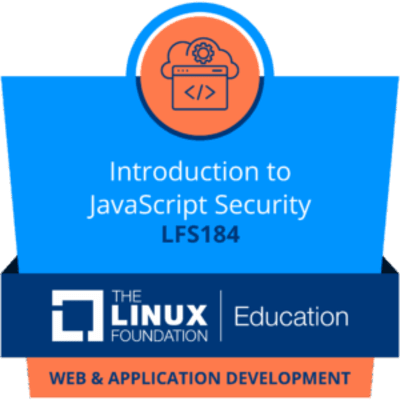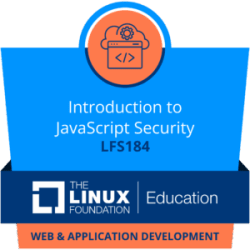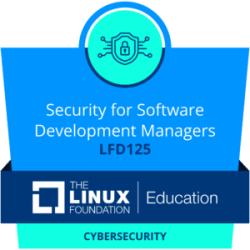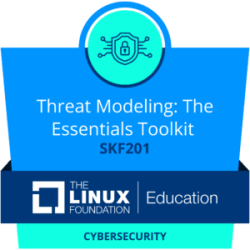Images
In this course you will learn how Linux is architected, how kernel algorithms work, hardware and memory management, modularization techniques and debugging, how the kernel developer community operates and how to efficiently work with it, and much more.
This course is designed to provides experienced programmers with a solid understanding of the Linux kernel. Students should be proficient in the C programming language, basic Linux (UNIX) utilities such as ls, grep and tar, and be comfortable with any of the available text editors (e.g. emacs, vi, etc.).
Similar resources
The key to a successful open technology project is to ensure a neutral playing field for all developers, technologists, and companies to collectively contribute to project evolution and growth. The Linux Foundation was built on the idea of the democratization of code and scaling adoption, for all projects equally. Expert legal and governance support programs ensure everyone is on the same playing field.


Introduction to JavaScript Security (LFS184)

Security for Software Development Managers (LFD125)

Cloud Cost Monitoring for FinOps with OpenCost (LFS248)

Conversational AI: Ensuring Compliance and Mitigating Risks (LFS120)

WebAssembly Components: From Cloud to Edge (LFD134)













